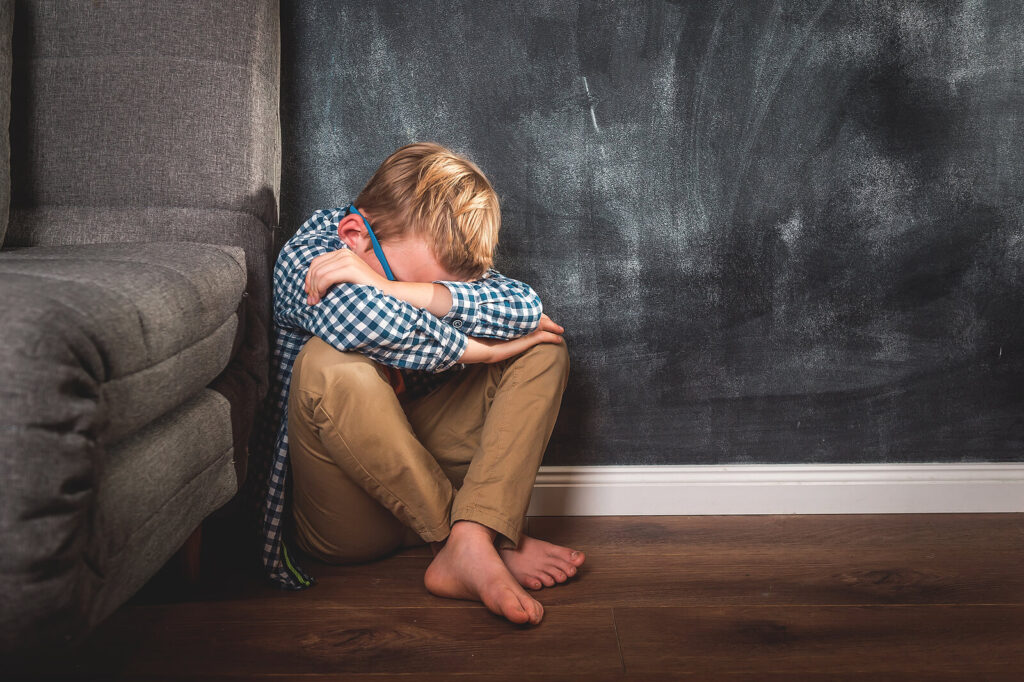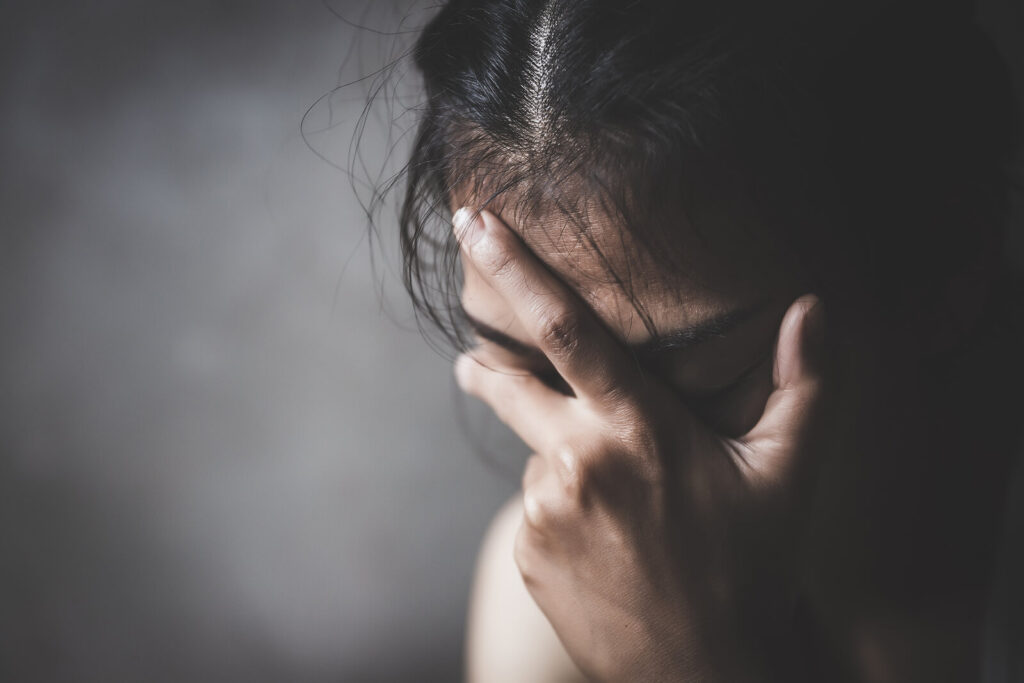Depression can manifest differently depending on an individual’s life stage. Each phase of life brings unique challenges, expectations, and pressures, which can influence how depression presents itself. A young teenager may show different symptoms than a mid-life adult. Understanding these variations is crucial for recognizing symptoms, seeking help, and supporting loved ones. Let’s explore how depression can look at various life stages.
Childhood and Adolescence

Signs and Symptoms:
In young children, depression can be challenging to identify. Symptoms may include persistent sadness, irritability, changes in appetite, sleep disturbances, and withdrawal from activities. Young children might express feelings of sadness through play or changes in behavior rather than articulate emotions.
As children transition into adolescence, the signs can become more pronounced. Teens might experience mood swings, feelings of hopelessness, difficulty concentrating, and social withdrawal. They may also engage in risky behaviors or negative self-talk, or may even self-harm or talk about hurting themselves.
Key Factors:
- Social Pressure: Adolescents face intense social dynamics, including friendships and academic expectations, which can exacerbate feelings of inadequacy.
- Identity Formation: This stage is crucial for identity development and struggles in self-identity can lead to increased vulnerability to depression.
Young Adulthood
Signs and Symptoms:
In young adulthood, depression can manifest through feelings of overwhelming stress, anxiety about the future, and difficulty establishing independence. Symptoms may include fatigue, lack of motivation, and changes in sleep and eating patterns. Young adults might also grapple with feelings of isolation, especially if they’ve moved away from family and established a new social circle.
Key Factors:
- Transition to Independence: The pressure to succeed in careers, relationships, and personal growth can lead to significant stress and feelings of failure.
- Life Events: Major transitions such as starting college, entering the workforce, or navigating romantic relationships can trigger depressive episodes.
Middle Age
Signs and Symptoms:

In middle adulthood, depression can manifest as a sense of dissatisfaction or unfulfillment. Symptoms may include a decline in energy, feelings of hopelessness, irritability, and physical symptoms like chronic pain or digestive issues. People may also reflect on life choices, leading to what’s often termed a “midlife crisis,” which can amplify depressive feelings.
Key Factors:
- Life Responsibilities: Balancing work, family, and personal health can lead to burnout and feelings of being overwhelmed.
- Loss and Grief: This stage often includes the loss of loved ones, which can deepen feelings of sorrow and lead to depression.
Later Life
Signs and Symptoms:
In older adults, depression can sometimes be mistaken for normal aging or other health issues. Symptoms may include withdrawal from social activities, changes in cognitive function, increased physical ailments, and a sense of despair about the future. Depression in this stage can often present as a “lack of interest” or “demoralization,” rather than outright sadness.
Key Factors:
- Health Declines: Chronic illnesses and mobility issues can lead to feelings of helplessness.
- Isolation: Loss of friends and family, along with physical limitations, can contribute to loneliness and depression.
Understanding and Support
Recognizing how depression can manifest at different life stages is vital for fostering empathy and understanding. Here are a few ways to support those struggling:
- Listen Without Judgment: Be an open ear for friends and family, offering support without trying to fix their feelings immediately.
- Encourage Professional Help: Suggesting therapy or counseling can be beneficial, especially for those who might feel stuck in their situation.
- Educate Yourself and Others: Understanding the signs and symptoms of depression can help in identifying those who may be struggling and provide the right support.
- Promote Healthy Coping Mechanisms: Encourage activities that promote mental health, such as physical exercise, mindfulness, and social connections.
- Stay Connected: Regular check-ins can help reduce feelings of isolation and provide a support system for those who may be suffering.
- Keep Safe: If you or someone you know is experiencing active suicidal thoughts, please call 911, go to the nearest hospital, or call the National Suicide Hotline at 1-800-273-TALK (1-800-273-8255). For Utah suicide hotlines visit here: Hope 4 Utah
Start Therapy for Depression in American Fork, UT

Depression is a complex and multifaceted condition that changes throughout our lives. By recognizing its varied manifestations at different life stages, we can approach mental health with compassion and awareness. Whether for ourselves or our loved ones, understanding that depression can look different at various points in life is a powerful step toward healing and support. If you or someone you know is struggling, remember that help is always available. You’re not alone in this journey. Our team of caring therapists would be honored to support you. You can start the therapy process with The Family Therapy Clinic by following these simple steps:
- Schedule a consultation.
- Learn more about our therapeutic approaches here.
- Start connecting with your therapist and overcoming depression
OTHER SERVICES OFFERED WITH THE FAMILY THERAPY CLINIC IN UTAH:
Depression therapy isn’t the only service we offer support with. At The Family Therapy Clinic, we provide comprehensive mental health services designed to address your unique needs. Whether your teenager requires support for anxiety or depression or you’re thinking about marriage counseling, our specialized therapists offer tailored therapy. Understanding life’s unpredictability, our experts also focus on adult anxiety and OCD therapy, ensuring a holistic approach to mental wellness across different life stages.

+ show Comments
- Hide Comments
add a comment